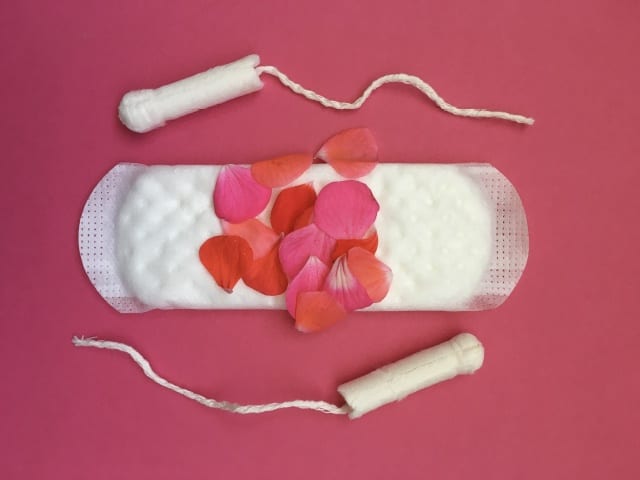
AUB, Abnormal Uterine Bleeding, or sometimes referred to as Abnormal Vaginal Bleeding, is a term used to refer to heavy periods or bleeding in between normal periods. It is a common condition affecting around 10% to 20% of women in the US.
Menorrhagia, also known as heavy periods, occurs when there is loss of excessive blood during monthly menstrual cycles.
Metrorrhagia, also known as bleeding between periods, occurs when there is bleeding from the uterus between menstruations.
AUB is not just uncomfortable and inconvenient, but it can also affect the person’s quality of life whether physical, mental, or emotional.
This condition is not always associated with physical abnormalities. Approximately 40% to 60% of people with heavy periods have no specific underlying cause.
AUB is associated with:
- Leaking through sanitary pads
- Necessity for double protection
- Flooding of menstrual blood onto clothes
- Large clots in blood
- Sensations of weakness, tiredness
- Anemia
- Planning daily life around menstruation
Although the majority of people with AUB have no specific underlying cause, there are some known reasons :
- Polyps: non-cancerous growths in lining of the uterus
- Endometriosis: when developed in the vagina and/or the lower uterus
- Fibroids: benign growths on the walls of the uterus
- Adenomyosis: when glands from uterus lining embed in the muscle of the uterus
- Cancer: uterine cancer is uncommon but can cause heavy periods
- Thyroid disease: thyroid disease can cause tiredness, weight gain, changes in hair and skin, intolerance to cold, and AUB
- Clotting problems: platelet problems or certain diseases can affect clotting and increase AUB
- Medical treatments: some medical treatments such as hormonal contraceptives, anticoagulants, and anti-cancer drugs can cause AUB
Rather than just identifying AUB, your doctor will probably want to investigate the causes.
Your doctor can ask for some tests, which include:
- Blood tests
- Ultrasound
- Hysteroscopy (a camera to visualize the cavity of the uterus)
As for treatments, there are many options available, including:
- Hormonal and non-hormonal treatments
- Endometrial ablation
- Minimally invasive surgical removal of fibroids and polyps
- Hysterectomy

